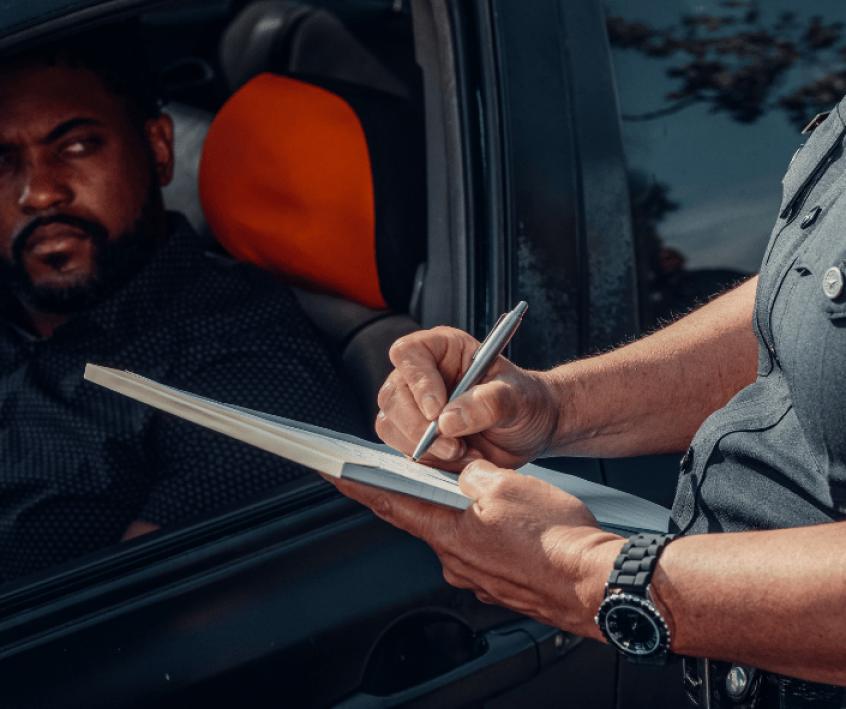
Getting pulled over for speeding might seem like just another annoying part of driving, but the consequences of a speeding ticket go beyond a simple fine. Depending on your location and driving record, a single speeding violation can lead to increased insurance premiums, points on your license, mandatory driving courses, and even license suspension. In more serious cases, such as reckless speeding or multiple offenses, you could face court appearances, additional fines, or traffic school requirements.
That’s why understanding how to challenge a speeding ticket is important. If you believe you were unfairly cited or if the penalties are severe, there are ways to protect your driving record and finances especially with the help of an experienced traffic lawyer.
Next, note the deadlines for responding to the ticket. Most states give you a limited window often 30 days to either pay the fine, contest the ticket, or request a court appearance. Ignoring these deadlines can result in late fees, license suspension, or a default guilty verdict.
Another defense involves unclear or missing speed limit signs. If you were unfamiliar with the area and there were no visible signs indicating a reduced speed, you may have grounds to argue that you were not given proper notice.
Emergency situations can also serve as a defense. For example, if you were speeding to avoid a road hazard or medical emergency, you may be able to justify your actions under the doctrine of necessity.
Finally, if you can prove mistaken identity such as confusing your vehicle with another similar-looking one your lawyer can use that to dismiss the case.
They can also negotiate on your behalf, potentially getting your charges reduced to a non-moving violation, which won’t add points to your record or affect your insurance. In some cases, a lawyer can get the ticket dismissed entirely, especially if the officer fails to appear in court or if the evidence is weak.
Having legal representation is particularly useful if your ticket is linked to a more serious offense, such as reckless driving or excessive speeding over 20 mph above the limit.
In the long term, obeying speed limits, staying aware of road signs, and avoiding aggressive driving can keep your record clean. You’ll also save money on insurance premiums and avoid the stress of dealing with legal issues.
Talk to a traffic attorney about your case and learn what options are available to you. With the right strategy, you can beat the ticket and protect your record.